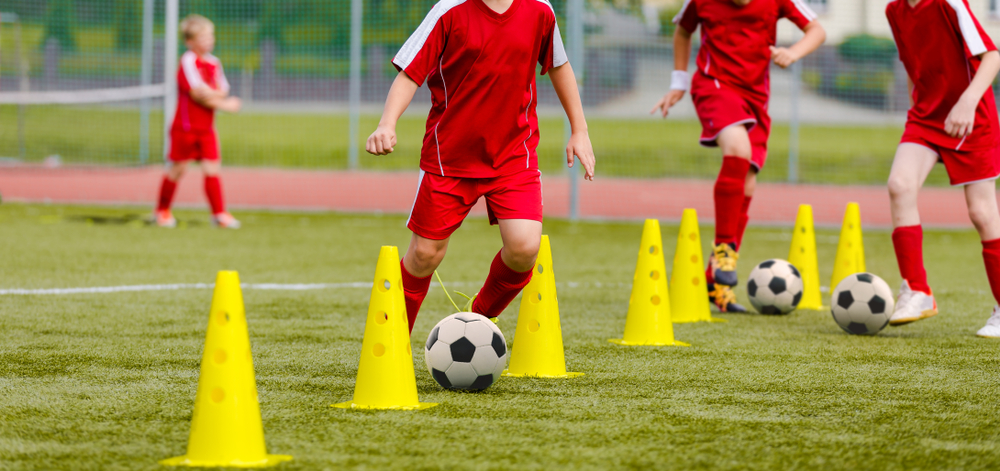<p>In sports, skill can be defined as a motor pattern. It’s a muscle movement pattern that’s controlled your brain. As an example, if you want to run 3 minutes to cover one kilometre, then you need to train at higher speed, if you normally need six minutes to run one kilometers. You can create a skill by doing something repeatedly, so our body and brain are well conditioned. Over time, your physical abilities will be conditioned to repeat the same goal and you have the confidence to do it. In other words, a physical task will become automatic and you can do it without thinking much about it.</p>
<p>Top performers should be able to do well-exercised tasks with ease. They don’t think what they are doing. It is something that’s entirely in their zone of capability. When a skill has been ingrained deeply, you will be able to switch off any conscious thinking process. You may do this with well-designed practice and training sessions. However, developing a skill in sports can be quite lengthy and you can’t perfect it overnight. The more time we invest for developing skills, the more solidified it will become. In general, we could start to acquire a sports skill after eight weeks of consistent training.</p>
<p>It’s true that you need repetition to acquire a skill, but improper repetition could increase the risk of injuries. It will be a bad thing, if you are hampered by nagging pain and injuries, before the skill is set into your long term memory. The true factor is efficiency, that is, you can achieve something with the least amount of effort and the shortest amount of time. One of the many skills that are essential in sports is speed. It is important for sprinters, baseball players and even martial arts athletes. You need to work progressively so you can always develop your speed.</p>
<p>As an example, if you want to cover 10km in just 40 minutes, you need to train your body to consistently perform at 4 minute per kilometre pace. You need to fully condition your brain to achieve this. You may need to perform movements in short intervals repeatedly. As an example, 200 meters intervals are great position to start. It means that you need to run for 48 seconds to cover 200 meters. You need to achieve this with ease, so you can do more difficult tasks. Then, make sure that you can run 400 meters in 96 seconds with ease. Continue increasing your goal until you have the stamina to achieve more things.</p>
<p>In reality, you may need to spend 50 minutes to run 10 km, including warm up and cool down sessions. It’s a good idea for you to wear heart rate monitor, to know how hard your body work to achieve a task. As your body become more conditioned, you can achieve more with the same heart rate. Your body needs to have the necessary catabolic processes and neural patterns to achieve your goal easily.</p>

How to Develop Skill in Sports?
